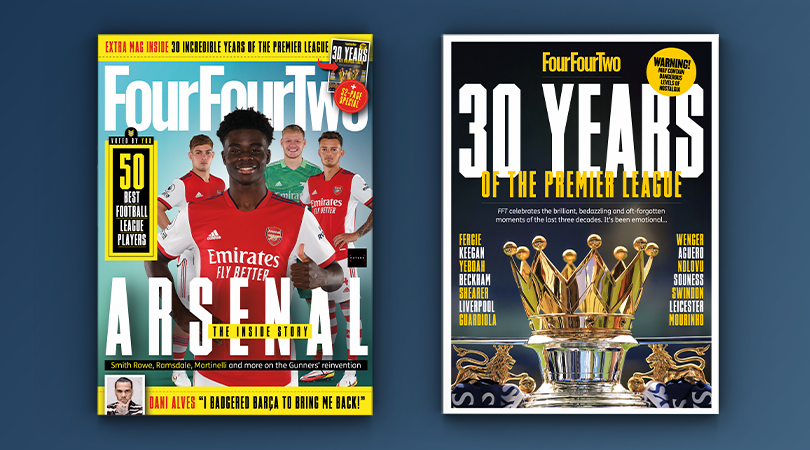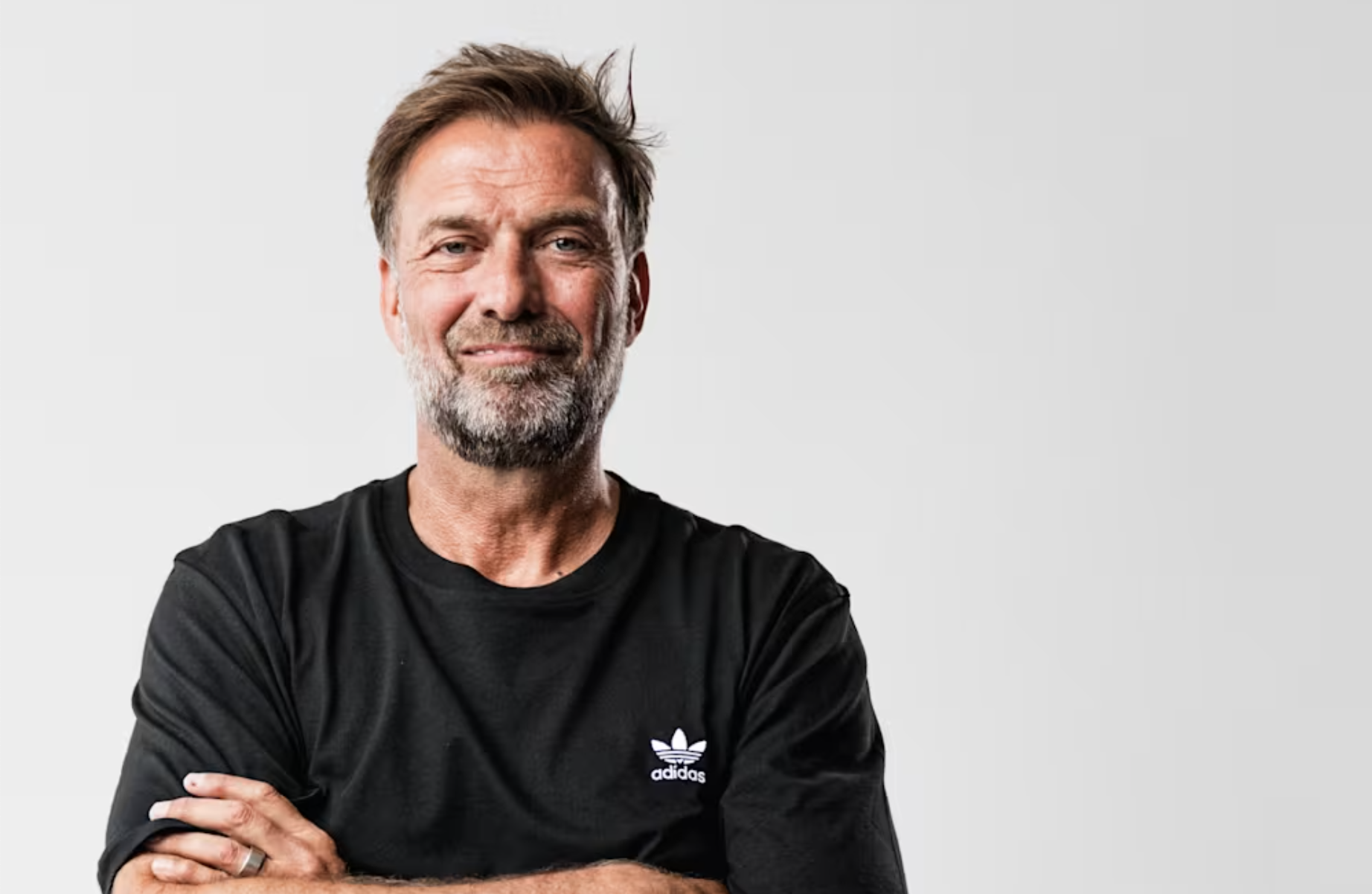Here's how Liverpool have changed their academy transfer policy because of Brexit
Having previously scoured Europe for new talent, it's clear Liverpool's youth focus has become more domestic-focused since Brexit

Like astroturf lawns, bottomless brunches and ‘Live, Laugh, Love’ canvas prints, Brexit has soaked into the discourse of British life over the past decade. A dark cloud or liberation on the side on a double-decker, the topic quite literally divided a nation. No industry has been left untouched by its outcomes.
Three-and-a-half years on from the most controversial vote since Will Young beat Gareth Gates in Pop Idol, the United Kingdom left the European Union, and with it came major changes across England, Wales, Scotland and Northern Ireland.
The decision to depart the EU has had major ramifications on football, too, not least the matter of recruitment - increasingly, to modern fans, the be-all and end-all of the sport, above the results on the pitch.
The turn of the year, from 2020 to 2021, brought new rules for transfers in the UK, and it has prompted a shift in emphasis at Liverpool.
Prospective signings from EU countries are now subject to the same strict work permit guidelines as those from the far reaches of the world have long been; a point-based system is used in accordance with the Home Office, with factors such as international profile, club appearances and the ‘quality’ of the selling club all considered.
It can be argued that this has, in fact, opened up the market for senior players - but the same cannot be said of those brought in for the academy, with post-Brexit rules imposing a ban on signing overseas players under the age of 18.
By way of a hypothetical example, this would have meant the deal to sign a 16-year-old Caoimhin Kelleher from Cork side Ringmahon Rangers would not have been possible were it to happen post-Brexit, with the Republic of Ireland still a member of the EU.
Get FourFourTwo Newsletter
The best features, fun and footballing quizzes, straight to your inbox every week.
Kelleher is, of course, a rare example of an academy signing establishing himself as a staple of the first-team squad at Liverpool, with a number of instances in recent years showing the unpredictability of the youth market.
Liverpool have frequently brought in under-18 players from abroad, as the quality-over-quantity approach implemented by academy director Alex Inglethorpe saw the club’s youth scouts comb the best talent from Europe and beyond.
In 2017, the 16-year-old quartet of Yasser Larouci, Vitezslav Jaros, Dal Varesanovic and Patrik Raitanen arrived from France, the Czech Republic, Bosnia and Herzegovina and Finland.
The following year, Ki-Jana Hoever was brought in from Ajax and Matteo Ritaccio, a young American midfielder with an Italian passport, signed terms on a switch from New York club BW Gottschee.
Sepp van den Berg was the club’s first signing after winning the Champions League in 2019, joining from Dutch side PEC Zwolle, with 16-year-olds Jakub Ojrzynski and Billy Koumetio also making their way to Merseyside from Poland and France.

IN THE MAG Inside the new Arsenal! PLUS 30 years of the Premier League supplement + EFL Top 50
In the final year before Brexit, Marcelo Pitaluga, Mateusz Musialowski, Melkamu Frauendorf and Fabian Mrozek all made summer moves to Liverpool, with Spanish-Serbian defender Stefan Bajcetic completing his switch from Celta Vigo hours before the deadline on December 31.
Many fans will be familiar with the majority of those names, and there remain hopes that the likes of Van den Berg, Pitaluga, Musialowski, Frauendorf and Bajcetic could present in-house solutions for Jurgen Klopp in the future.
But as is the case at senior level, despite perception, there is no guarantee a signing will be successful just because their passport hasn’t recently changed from deep burgundy to an - in the words of the Home Office, we must stress - ‘iconic’ blue.
The shift for Liverpool, then, has come with an enforced but diversely beneficial focus on recruiting standout talents from clubs within the UK.
Perhaps the easiest way to outline this is with the pre-Brexit signing of Harvey Elliott from Fulham. Though brought in prior to the new restrictions, the precocious midfielder has laid out the blueprint for Liverpool’s future recruitment at youth level.
Elliott had already made headway at first-team level with Fulham, and the same could be said of Kaide Gordon, who became Derby’s fourth-youngest debutant before joining the Reds in a £3 million deal in 2021.
Sixteen-year-old Ben Doak, a new signing from Celtic, has already made his bow for the Scottish club, while 15-year-old target Trent Kone-Doherty has featured for Derry City. Kone-Doherty, it should be noted, is able to be signed at 16 despite playing his football in the League of Ireland, as he would be arriving from Northern Ireland, rather than the Republic of Ireland.
Bobby Clark was poached from the Newcastle academy last year, with Liverpool assistant manager Pepijn Lijnders recently revealing his hopes the 17-year-old forward will link up with the first team for pre-season this summer. As Clark came, Ethan Ennis went, the young striker’s switch to Manchester United proof that the same game-plan is being executed at other clubs.
Though not quite within the parameters at 19 and recently committing to the Portuguese under-21s, Fabio Carvalho – who was recently voted one of the best EFL players, and is expected to join from Fulham for a compensation fee reaching around £8 million – would take that a step further, having already played over 30 times for the Championship club.
This emphasis on bringing in British gems could pay dividends if any of those signings follows the pathway laid by Elliott, particularly in terms of fulfilling the homegrown quota for squads in the Premier League and Champions League.
It could also, perhaps hopefully, future-proof the club in a financial sense, with many of these deals struck for six-figure fees, or into the low seven-figures; Doak, for example, is expected to cost £600,000.
That in itself highlights how these post-Brexit rules may be great news for clubs such as Liverpool, whose big-name managers, world-class facilities and financial backing can prove particularly persuasive, but also miserable news for the ‘selling’ clubs.
Elliott, Gordon, Clark and Doak all turned down contracts with their previous clubs in favour of high-profile moves to Merseyside, and those sides who pledged years towards their development were only eligible for compensation fees, which often will not reflect their genuine value.
It may well be a win-win situation for Liverpool, then. But as has already unfolded in these fledgling months post-Brexit, what benefits the elite may have costly ramifications further down the ladder.
For a limited time, you can get five copies of FourFourTwo for just £5! The offer ends on May 2, 2022.
Jack Lusby writes for This Is Anfield, the independent Liverpool website, and has been a regular FourFourTwo contributor since 2018. He is an expert on Liverpool's youth academy players and has a keen eye on ensuring transfer stories are sourced correctly, which means he is a proficient user of Google Translate.
